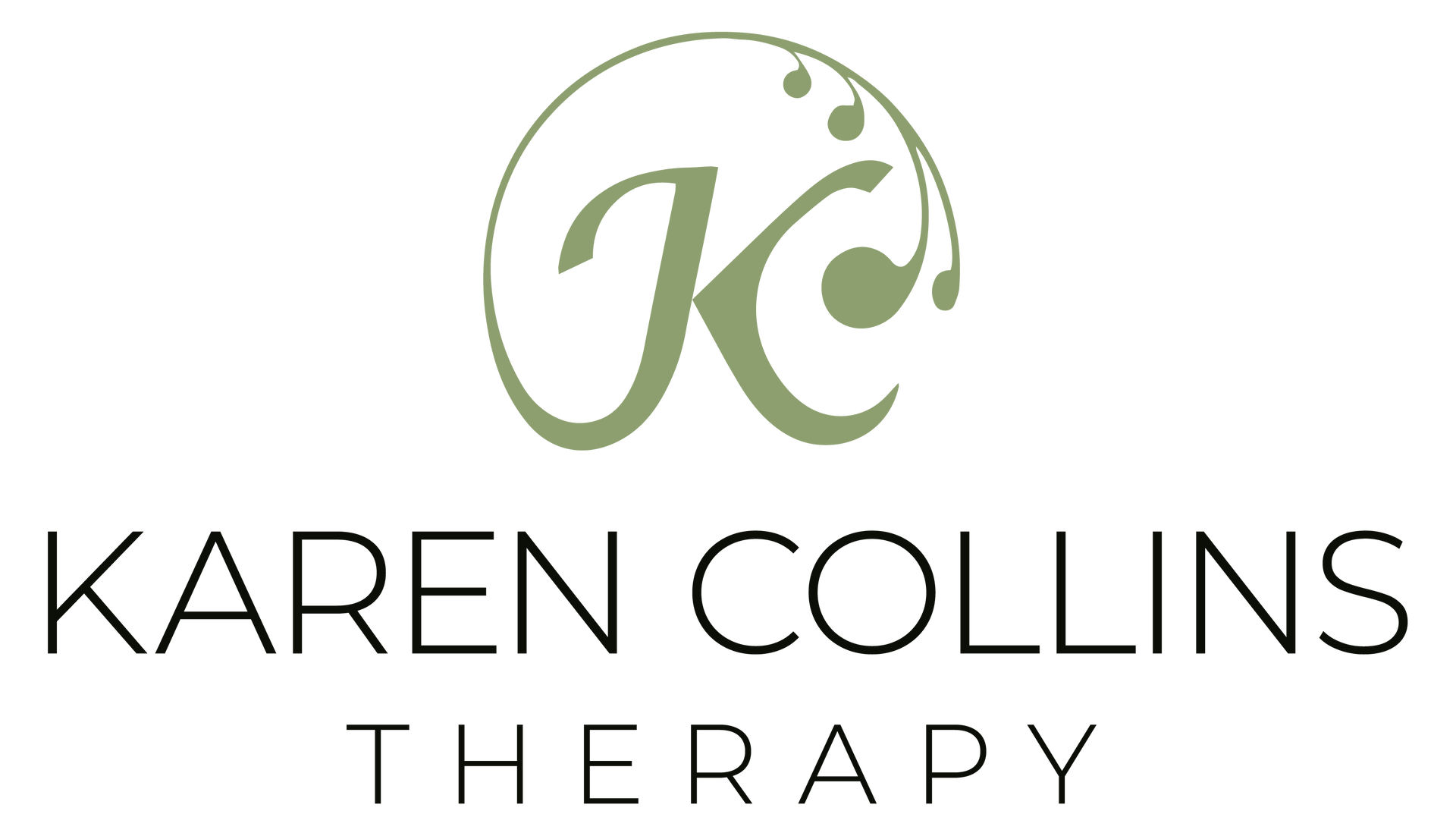Understanding the Different Types of Therapy
Therapy is a powerful tool for personal growth, healing, and transformation. With numerous approaches available, it can be challenging to determine which type of therapy is best suited for your needs. Here, we’ll explore some of the most common types of therapy and highlight their unique features and benefits to help you make an informed decision.
1. Cognitive Behavioral Therapy (CBT)
Cognitive Behavioral Therapy is a structured, goal-oriented approach that focuses on identifying and changing negative thought patterns and behaviors. It is widely used to treat anxiety, depression, and a variety of other mental health issues. CBT helps individuals develop coping strategies and problem-solving skills, empowering them to manage their symptoms and improve their overall well-being.
2. Psychodynamic Therapy
Rooted in the theories of Freud, psychodynamic therapy emphasizes the exploration of unconscious thoughts and childhood experiences. This approach aims to uncover unresolved conflicts and past traumas that may be influencing current behavior and emotions. Through deep self-exploration, individuals gain insight into their inner world, leading to personal growth and healing.
3. Humanistic Therapy
Humanistic therapy focuses on the individual’s potential for self-actualization and personal growth. It emphasizes the importance of a supportive and non-judgmental therapeutic relationship. Techniques such as unconditional positive regard, empathy, and active listening are used to help clients explore their feelings, develop self-awareness, and achieve a greater sense of fulfillment and purpose.
4. Somatic Therapy
Somatic therapy integrates the mind and body, emphasizing the connection between physical sensations and emotional experiences. Techniques such as mindfulness, body awareness, and movement are used to release stored tension and trauma. This approach can be particularly effective for individuals who have experienced physical or emotional trauma, as it allows for the processing and healing of deep-seated issues.
5. Dialectical Behavior Therapy (DBT)
Originally developed for individuals with borderline personality disorder, Dialectical Behavior Therapy combines elements of CBT with mindfulness practices. DBT focuses on teaching skills for emotional regulation, distress tolerance, interpersonal effectiveness, and mindfulness. This approach is highly effective for individuals struggling with intense emotions, self-destructive behaviors, and relationship difficulties.
6. Family Therapy
Family therapy involves the participation of family members in the therapeutic process. This approach aims to improve communication, resolve conflicts, and strengthen relationships within the family unit. Family therapy can be beneficial for addressing issues such as marital problems, parent-child conflicts, and the impact of mental illness or addiction on the family.
7. Couples Therapy
Couples therapy focuses on improving the dynamics and communication within a romantic relationship. Therapists work with couples to identify and address issues such as communication breakdowns, trust issues, and intimacy concerns. By fostering understanding and empathy, couples therapy helps partners develop healthier, more fulfilling relationships.
8. Art Therapy
Art therapy uses creative expression as a means of communication and healing. This approach is particularly effective for individuals who may have difficulty expressing their emotions verbally. Through the creation of art, clients can explore their feelings, gain insight into their experiences, and work through trauma and emotional challenges in a safe and supportive environment.
9. Group Therapy
Group therapy involves a small group of individuals who meet regularly to discuss and work through common issues under the guidance of a therapist. This approach provides a supportive environment where participants can share their experiences, gain perspective, and receive feedback from others facing similar challenges. Group therapy can be particularly beneficial for individuals dealing with social anxiety, addiction, and other issues where peer support is valuable.
10. Online Therapy
With the advent of technology, online therapy has become an increasingly popular option. This approach offers the convenience and accessibility of receiving therapy from the comfort of your own home. Online therapy can be conducted through video calls, phone calls, or messaging, making it a flexible and accessible option for individuals with busy schedules or those living in remote areas.
Conclusion
Choosing the right type of therapy is a deeply personal decision that depends on your unique needs and preferences. It’s important to consider factors such as the specific issues you’re facing, your comfort level with different approaches, and your goals for therapy. Consulting with a licensed therapist can also help you determine which type of therapy may be the best fit for you.
Remember, therapy is a journey of self-discovery and growth. The right approach can provide you with the tools and insights needed to navigate life’s challenges and achieve a greater sense of well-being.
Ready to take the next step toward healing and personal growth? At Karen Collins Therapy, we’re here to support you on your journey. Whether you’re navigating life’s challenges or seeking greater self-awareness, the right therapy can make all the difference.












